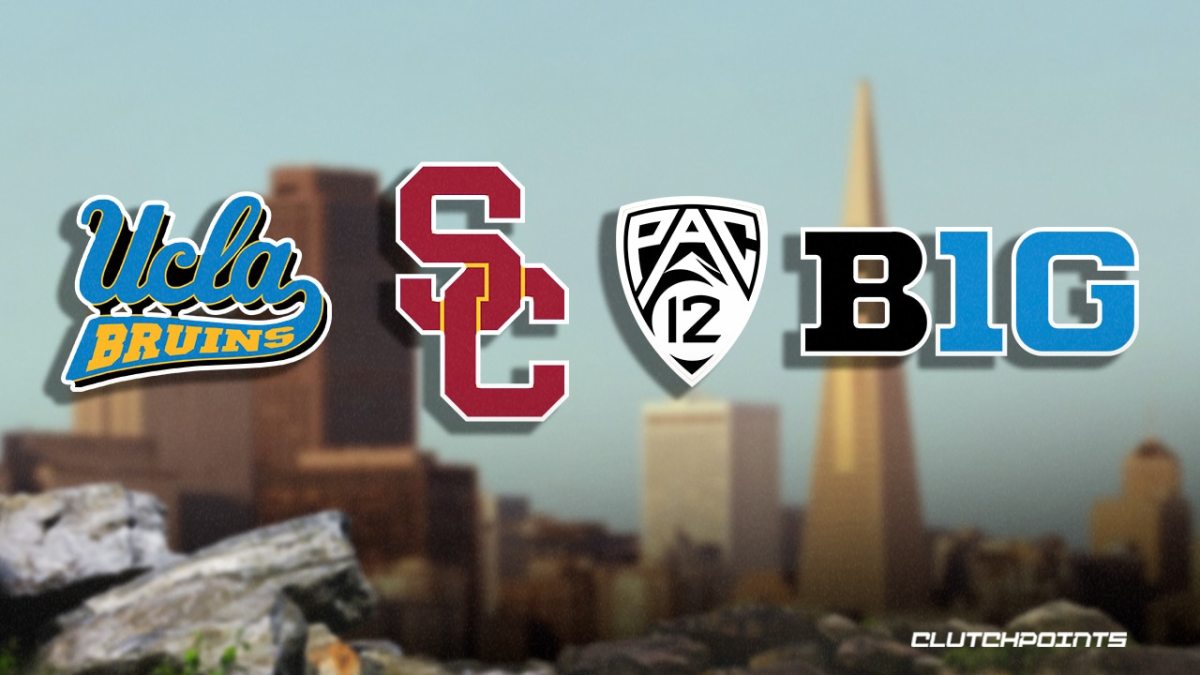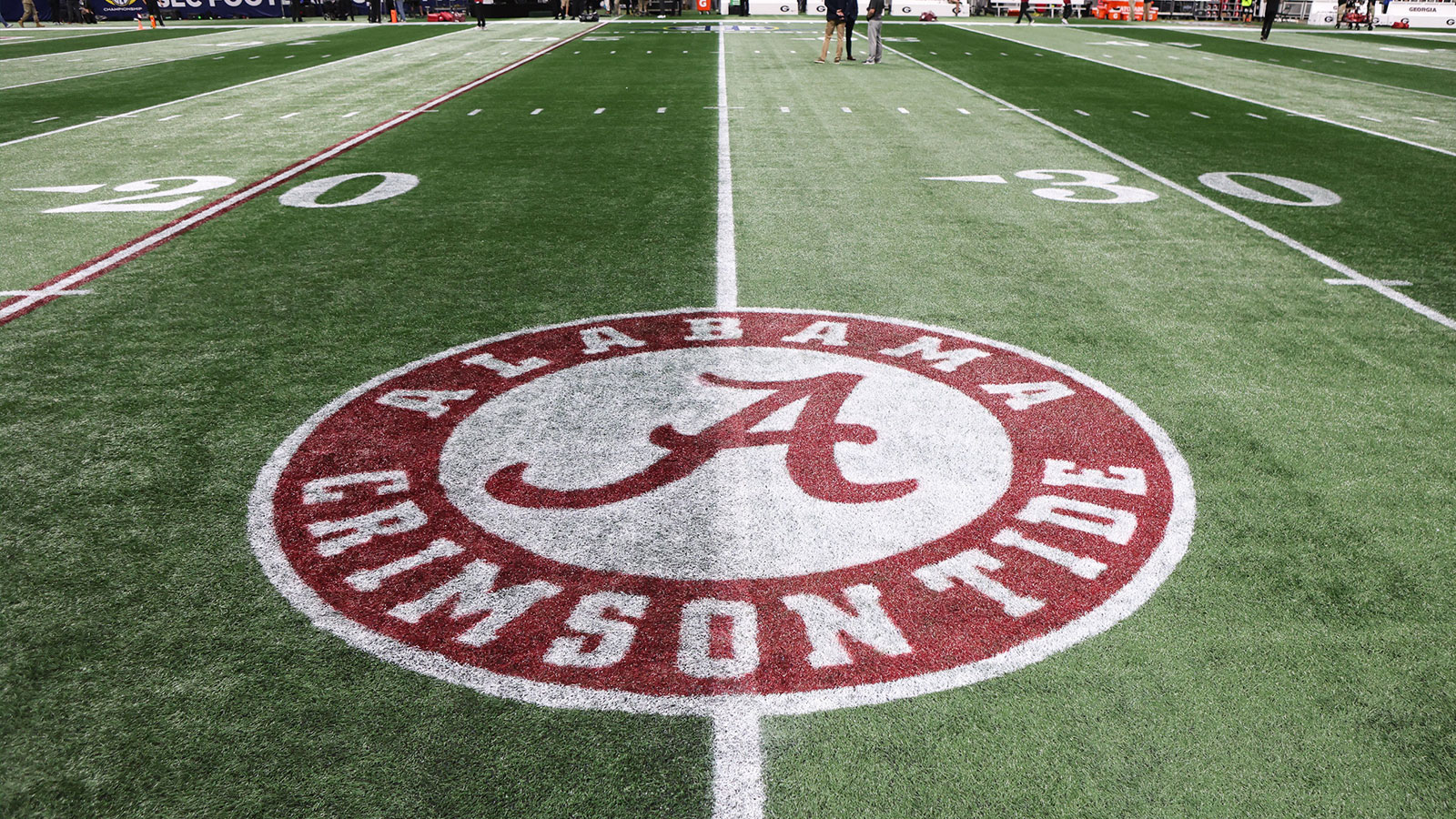The Pac-12 is currently in shambles as programs are deciding to leave the conference left and right. It all started when UCLA and USC opted to leave for the Big Ten starting in the 2024 scholastic year, and this was the first domino that has set off a wild chain of events. The next team to leave was Colorado, a huge blow for the Pac-12 after Deion Sanders joined the football program and immediately brought a heavy dose of national attention. Colorado will bel leaving the Pac-12 for the Big 12 starting in 2024, but this isn't where the blows to the conference stop. Both Washington and Oregon announced on Friday morning that they would be joining the Big Ten alongside UCLA and USC, pretty much taking the top four marquee programs out of the Pac-12. Now rumors are circulating of Utah, Arizona State and Arizona heading for the Big 12, which will pretty much put the nails in the coffin of the Pac-12. So, after such a harrowing few months for the conference, who is to blame for the death of the Pac-12? Well, all indications point back to USC and UCLA.
Many questioned the plausibility behind the move after it was announced that UCLA and USC would be joining the Big Ten. The main question that was raised was the travel requirement, as an all Mid-West conference would now be adding two programs based in Southern California. Still, the move was clearly for financial reasons, as the Big Ten is one of the more lucrative conferences in college sports and USC and UCLA are both massive brand names. Not to mention, the Pac-12 has struggled financially over recent years, and the decision by the two Southern California schools signaled to the rest of the conference that the most advantageous future option would be to split. Colorado, Washington and Oregon obviously got the memo, and now Utah, Arizona State, and Arizona look to be following suit any day now. As the Big Ten and Big 12 poach schools on what seems like a daily basis from the Pac-12, all of the blame can be placed on UCLA and USC.
*Conference news via ESPN
UCLA and USC followed the money
After some down years away from the national spotlight, all of UCLA athletics has seen a resurgence in recent years. Much of this was spurred by UCLA becoming one of the few Jordan brand schools in the nation, and being in the sun-kissed streets of West LA, the UCLA brand skyrocketed. Both the basketball and football programs have improved immensely in recent years, and they were already consistently one of the top programs in the nation in sports like baseball, softball, volleyball and soccer. UCLA has quickly become one of the more enticing programs for elite prospects in pretty much any sport, and the only thing that was hurting their newfound brand was their conference. This is when the idea of joining the Big Ten made perfect sense.
The Big Ten is arguably the most lucrative conference in college sports, and adding a program like UCLA made perfect sense for either side. UCLA will benefit greatly from the greater national exposure and better TV rights deal that the Big Ten has, while their new conference will gladly accept one of the bigger university names in the country. Not to mention, the UCLA football program is bound to blossom now that they are recruiting as a Big Ten school and not a Pac-12 school, while the basketball program should remain elite. In terms of USC, the same reasoning applies for their move to the Big Ten.
USC to the Big Ten makes a lot of sense given the historical powerhouse that they have been in college football. Simply put, the Pac-12 hasn't been competitive with the Big Ten in quite some time, and USC has taken a hit as a program as a result. Moving to the Big Ten should propel USC back into the ranks of the top programs in college football, while they will also greatly benefit across all of their sports like UCLA with more exposure and a better TV rights deal. USC joining UCLA in the Big Ten cemented that both programs are ready to be considered in the top schools for college sports across the country, and in essence, destroyed any prospects of the Pac-12 competing with the major conferences.
The major reason that UCLA and USC spurred exits from the Pac-12 by Washington, Oregon, Colorado, and potentially Utah, Arizona State and Arizona, is that UCLA and USC were easily the two biggest names in the conference. The Pac-12 was already struggling with being able to secure cost-effective TV media rights deals, and losing UCLA and USC pretty much robbed them of their best assets. For programs that remained in the conference, all of the sudden they were tied to a dying league. These programs could either watch their programs deteriorate with a hurting conference, or opt to join UCLA and USC in a bid for greener pastures. That is what they did, and they have firmly established USC and UCLA as the official terminators of the Pac-12.




















